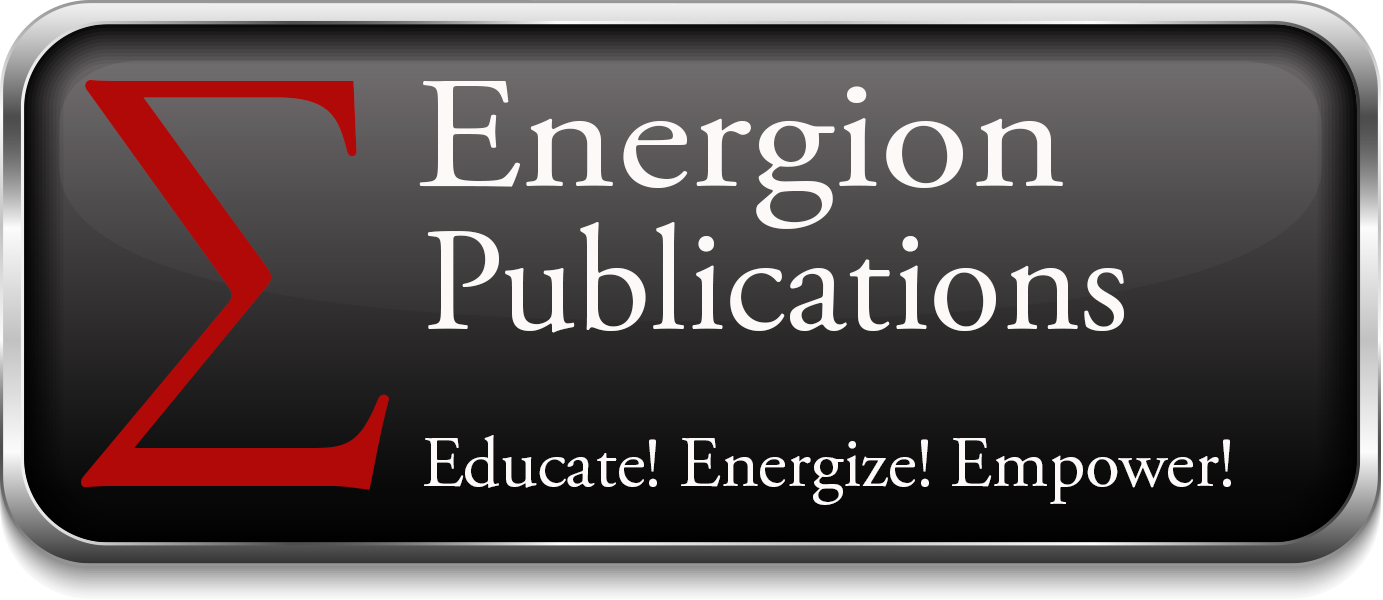Week of Hope – Monday
What happens after the celebration, but before any fulfillment? Can that feeling be kept alive?
Hope in Our Identity
It is our identity in Christ that gives us the privilege of being confident in God’s faithfulness and fidelity to keep His promises. Because that is true, maintenance of our peculiar identity in Him is inseparably intertwined with our hope.
Deborah L. Roeger, The Power of Hope, p. 220
Hope that Lasts
If theology and spirituality do not make our communities and persons come alive, there is little hope that we can change the world. While we might have questions about the staying power and ultimate goals of the Asbury Revival and its predecessor, the Jesus Movement of the sixties and seventies, we must admit that for a brief moment in time, their participants were “alive.” They found meaning, purpose, and healing. For process-relational revivalists, the quest for meaning, purpose, and healing must be global as well as individual, and it must enlarge rather than constrict our sense of hospitality and affirmation of pluralism. We need to find ways to share inclusive mystical and theological visions to those who have experienced themselves touched by God in lively ways, whether college students, weary parents, or active senior adults.
Bruce G. Epperly, Process Theology and the Revival We Need, pp. 34-35
Hope with a Foundation
How does one do apologetics well? To start with, one must know what it is they are defending. 1 Peter 3:15 says we should “Always be prepared to give a defense to everyone who asks you to explain the hope you have.” Why do you have hope? Why are you a Christian? This is not asking why you attend the church you do, but why do you have a relationship with Jesus at all? Nor is this asking for a recitation of the theology behind the plan of salvation. It is asking about you, your life, and why do YOU have the hope you have. If you do not have an answer for this question, you need to spend time in prayer until you do.
Elgin L. Hushbeck, Jr., Doing Apologetics, p. 11
Hope from the God Who Is With Us
That transformation comes from the way in which God used the experience of the cross. God came to the earth in the human form of Jesus. God experienced life with us. He took action as we might need to take action under the circumstances of our lives. He found himself in an occupied country, living under cruel foreign domination. He didn’t just come and appear on a mountaintop. He got involved in human experiences, human emotions, human weaknesses, and yes, human strengths as well. When it came down to it, he died a death in just the way that a human would have to do it in that time and place.
The first part, then, of the transformation was involvement. The cross would never have been transformed as a symbol without the involvement. God, the infinite gap-crosser, crossed the gap and stayed on our side long enough to experience the worst of the worst.
Henry Neufeld, Not Ashamed of the Gospel, p. 19
The people at Energion Publications love to help you with your goals. The book The Power of Hope featured in this post is published in an Imprint produced by Energion Publications specifically for this series of books. If you have publishing or printing needs as part of your organization or ministry, take a look at the services we can offer.


